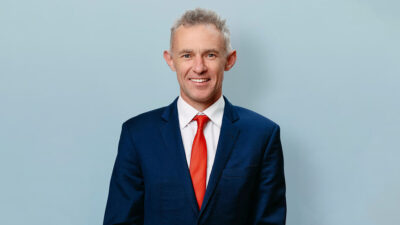-
Sort By
-
Newest
-
Newest
-
Oldest
Offshore offices might get super funds “closer to the action”, but they can come at a literal cost – and not every fund is prepared to pay it.
The NZ Superannuation Fund has notched up back-to-back results as the best-performing and one of the most-sustainable sovereign investment vehicles in the world in a new review of the sector.
Super funds love to crow about their performance, but the headlines about ART’s double-digit return obscure what will be a massive shift for its millions-strong member base.
Rising geopolitical tensions mean that diversification’s ‘free lunch’ must come from a new menu if investors want to prosper in a brave new world, the Future Fund says.
A recovery in the UK’s equity market has almost always been predicated on valuation grounds, according to Ruffer. But this time the recovering domestic economy and a high exposure to commodities and financials might act as additional catalysts.
Super funds have been heading down the path to massive size for more than two decades. They’ve arrived when the transition to a net-zero economy needs that size the most.
The assets family offices invest in haven’t changed much but the ways they’re investing in them have, according to BNY Mellon Wealth. Meanwhile, cryptocurrencies are seeing more interest as a new generation takes the reins.
Artificial intelligence might be better at gathering and storing knowledge, but incorporating wisdom into an investment approach (or abandoning it altogether) remains the exclusive domain of humans – for now.
In the accumulation phase the super fund CIO and investment team is at the wheel. But as more and more members start retiring they’ll have to share the driving.
Investors are worried that a market bloated with big tech companies is about to burst. But prices are high for a reason, and few can fathom the force of AI tailwinds.
Its outsized performance means that private credit is probably the asset class of the decade. But is that performance a real standout, or “more sizzle than steak”?
India might be a matter of “when, not if” for Australian super funds, but the Maple Eight and other Canadian pensions are well ahead on investing in what will soon be the world’s third largest economy.
















